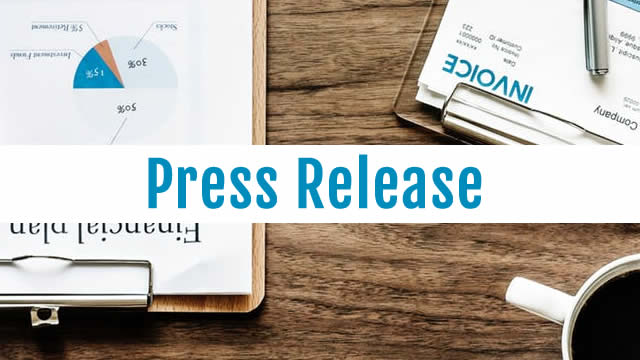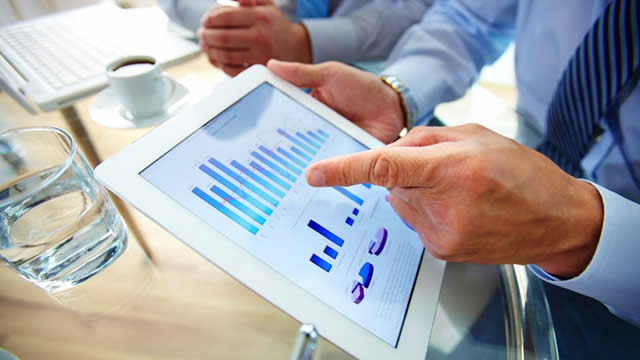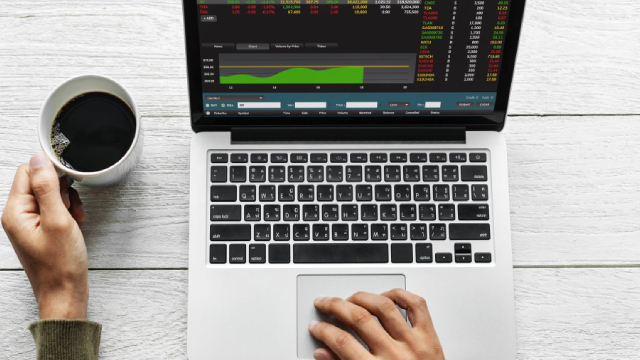Shell plc’s Share Buy-Back Program: A Detailed Analysis of Its Recent Transactions
On 19 February 2025, Shell plc (the ‘Company’) announced that it had purchased a significant number of its own shares for cancellation. This transaction was executed as part of the Company’s existing share buy-back programme, which was first announced on 30 January 2025. In this blog post, we will delve deeper into the details of these transactions, providing a breakdown of the number of shares purchased, the highest, lowest, and average prices paid, and the trading venues involved.
Aggregated Information on Shell plc’s Share Purchases on 19 February 2025
Below is a table summarizing the Company’s share purchases on 19 February 2025:
| Date of purchase | Number of Shares purchased | Highest price paid (per share) | Lowest price paid (per share) | Volume weighted average price paid per share (per share) | Venue | Currency |
|---|---|---|---|---|---|---|
| 19/02/2025 | 844,693 | £ 27.0150 | £ 26.7900 | £ 26.8832 | LSE GBP | |
| 19/02/2025 | 47,852 | £ 26.9950 | £ 26.8150 | £ 26.8892 | Chi-X (CXE) GBP | |
| 19/02/2025 | 47,552 | £ 27.0150 | £ 26.8050 | £ 26.8886 | BATS (BXE) GBP | |
| 19/02/2025 | 572,334 | € 32.7900 | € 32.4900 | € 32.6034 | XAMS EUR | |
| 19/02/2025 | 27,449 | € 32.7700 | € 32.5250 | € 32.6188 | CBOE DXE EUR | |
| 19/02/2025 | 0 | – | – | – | TQEX EUR |
Impact on Individual Investors
Share buy-backs can have a positive impact on individual investors, particularly those who hold the shares being repurchased. By reducing the total number of outstanding shares, each remaining shareholder owns a slightly larger proportion of the company, leading to potential capital gains if the share price increases. Additionally, a buy-back programme can signal to the market that the company’s management believes its stock is undervalued, potentially boosting investor confidence and driving up the share price.
Impact on the World
Shell plc’s share buy-back programme may also have broader implications for the global economy and financial markets. Large corporations buying back their own shares can lead to a reduction in the overall supply of shares available, potentially pushing up stock prices across the market. This can disproportionately affect smaller investors who may not have the financial resources to purchase shares in large companies. Furthermore, some argue that share buy-backs can divert funds away from long-term investments, such as research and development or capital expenditures, which could have negative consequences for the economy as a whole.
Conclusion
In conclusion, Shell plc’s share buy-back programme, as announced on 19 February 2025, represents a significant investment by the company in its own stock. The detailed information provided in the Company’s announcement offers insight into the scale and cost of these transactions, as well as the trading venues involved. While individual investors may benefit from the potential capital gains resulting from reduced share count and increased proportional ownership, the broader implications for the financial markets and economy are more complex. As always, it is essential to consider the context and potential consequences of such transactions before making investment decisions.
- Shell plc purchased a significant number of its own shares on 19 February 2025
- These transactions form part of the Company’s existing share buy-back programme
- The programme was announced on 30 January 2025
- Detailed information on the number of shares purchased, prices paid, and trading venues involved was provided in the Company’s announcement
- Individual investors may benefit from potential capital gains as a result of reduced share count and increased proportional ownership
- However, the broader implications for the financial markets and economy are more complex





